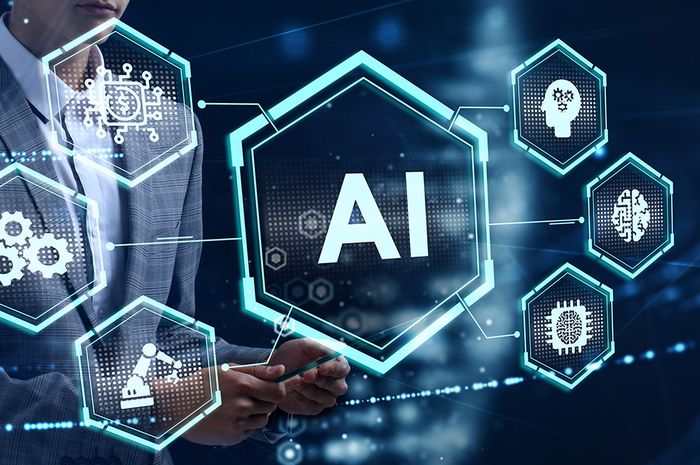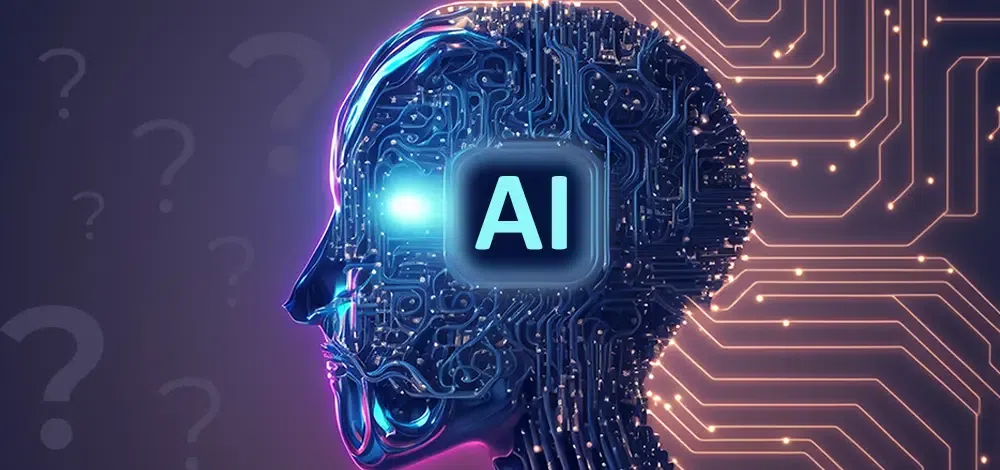Unveiling the History of Artificial Intelligence: From Ancient Dreams to Modern Reality
The concept of artificial intelligence (AI) has captivated humanity for centuries, evolving from philosophical musings to the complex algorithms shaping our world today. Let’s delve into this captivating history:
Ancient Era: Seeds of the Idea

Mythology and Mechanical Marvels: Even in ancient civilizations, myths hinted at the possibility of artificial beings. Greek myths like Pygmalion’s Galatea, a crafted woman brought to life, explored the concept of creating intelligent life.
Philosophical Inquiries: Philosophers BOS5000 like Aristotle pondered the nature of intelligence and the possibility of replicating it in machines.
The Mechanical Age: Automata and Early Inventions
Clockwork Marvels: The 17th and 18th centuries saw the rise of automata, intricate mechanical devices that mimicked living beings. These creations, while not truly intelligent, sparked fascination with the idea of artificial life.
Analytical Engine and Babbage’s Vision: Charles Babbage, a 19th-century inventor, conceived the Analytical Engine, a mechanical computer capable of performing complex calculations. Though never fully built, it laid the groundwork for future computing machines.
The 20th Century: The Birth of AI and Theoretical Foundations
Alan Turing and the Turing Test (1950): Alan Turing, a mathematician and computer scientist, is considered a founding father of AI. His Turing Test proposed a test of a machine’s ability to exhibit intelligent behavior equivalent to, or indistinguishable from, that of a human.
The Dartmouth Conference (1956): A landmark event, the Dartmouth Conference, brought together leading researchers to discuss AI and its potential. This conference is often seen as the official birth of AI research as a distinct field.
The Rise and Fall of AI (1960s-1980s):

Early Optimism and Funding: Initial enthusiasm and funding fueled rapid advancements in AI research. However, limitations in computing power and the complexity of achieving true intelligence led to a period of disillusionment and decreased funding in the 1970s, known as the “AI Winter.”
Renewed Interest and the Rise of Machine Learning (1990s-Present):
Machine Learning Revolution: The 1990s saw a resurgence of AI research, fueled by advancements in machine learning algorithms and computational power. Machine learning techniques allowed computers to learn from data without explicit programming, leading to breakthroughs in areas like computer vision and natural language processing.
Deep Learning and the Modern AI Landscape: The development of deep learning algorithms in the 2000s further revolutionized AI. Deep learning models, inspired by the structure and function of the human brain, achieved remarkable results in areas like image recognition, speech recognition, and machine translation.
The Impact of AI Today and a Glimpse into the Future
AI in Our Everyday Lives: AI is now woven into the fabric of our daily lives, from the recommendation algorithms on social media platforms to virtual assistants like Siri and Alexa.
Ethical Considerations and the Future of AI: The increasing power of AI raises critical ethical considerations about bias, transparency, and job displacement. Responsible development and deployment of AI are crucial as we navigate the future alongside intelligent machines.
AI’s journey DEWASPIN777 is a testament to human ingenuity and our relentless pursuit of understanding intelligence. As AI continues to evolve, it holds immense potential to improve our lives, but it also compels us to grapple with complex ethical questions. The future of AI promises to be a fascinating one, filled with both challenges and opportunities.
site here for the information : https://widezone.net/

Leave a Reply